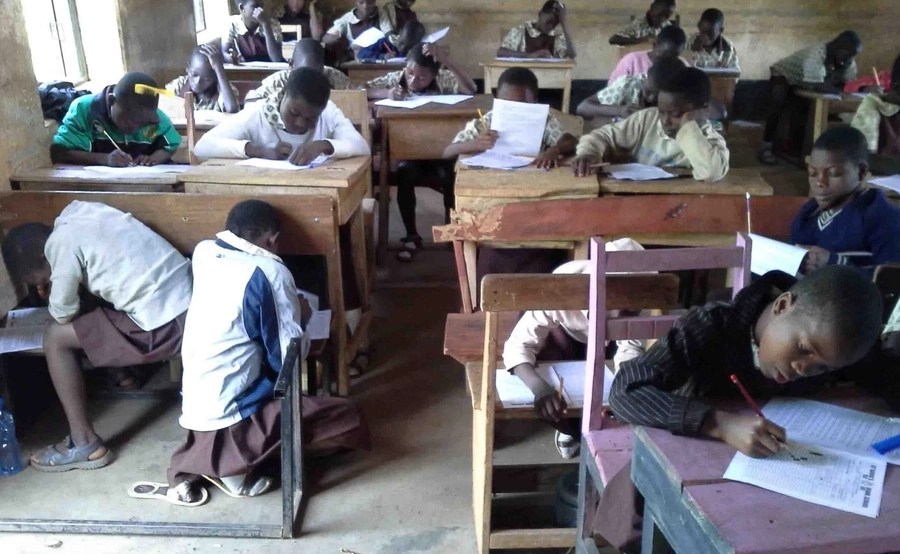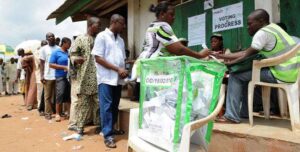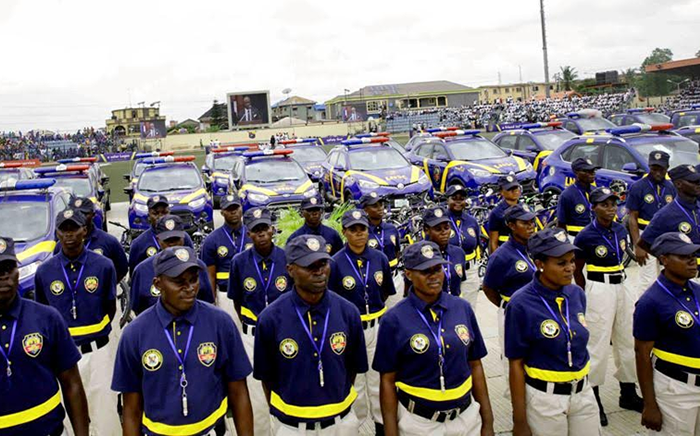
Lagos, Nigeria – July 2025 – Across Nigeria, classrooms are overcrowded, libraries are empty, teachers are underpaid, and millions of children remain out of school. From urban slums to rural villages, the cracks in the country’s education system are now impossible to ignore. What was once a tool for national development has become a struggle for survival — both for students and the system itself.
While the challenges are massive, education experts and advocates say that the solutions are within reach — if only there is the political will to act.
A System in Decline
In the last decade, Nigeria’s education indicators have steadily worsened. The United Nations estimates that over 10.5 million Nigerian children are out of school, the highest number in the world. Public schools suffer from dilapidated buildings, a lack of learning materials, and underqualified teachers. At the tertiary level, frequent ASUU strikes and poor infrastructure continue to frustrate students and parents alike.
“Imagine teaching without textbooks, without chalk, without electricity,” says Mrs. Grace Eze, a teacher in Enugu State. “We are doing the work of miracles every day.”
The result is a generation of youth who graduate with certificates, but without skills — fueling unemployment, social unrest, and a cycle of poverty.
Root Problems That Must Be Addressed
- Poor Funding
Nigeria consistently allocates less than 8% of its national budget to education — far below UNESCO’s recommended minimum of 15–20%. This chronic underinvestment means schools lack basic amenities, salaries are delayed, and innovation is stifled. - Overburdened and Undervalued Teachers
Most teachers in public schools earn below living wage. Many are poorly trained, overworked, and lack motivation. In rural areas, schools often rely on one or two teachers to handle multiple subjects and classes. - Outdated Curriculum
Many Nigerian schools still teach syllabuses that haven’t been updated in decades. Students are prepared for exams, not real-world challenges. Little emphasis is placed on entrepreneurship, technology, critical thinking, or emotional intelligence. - Infrastructure and Accessibility Gaps
In many communities, especially in the North-East, schools are either too far, too unsafe, or non-existent. Girls are disproportionately affected due to early marriage, poverty, and cultural bias. - Examination Malpractice and Corruption
From primary schools to universities, the rot of examination malpractice has corroded the credibility of education. Certificates are often more reflective of bribery than of merit or competence.
The Way Forward: 7 Key Reforms
1. Increase Education Budget
The government must immediately raise its education budget to at least 15% and ensure funds are properly monitored and utilized. Money must go beyond salaries — into infrastructure, libraries, labs, and technology.
2. Empower and Retrain Teachers
Introduce national continuous professional development programs. Increase teacher salaries and incentivize postings in rural areas with housing and bonuses. A motivated teacher is the foundation of a strong system.
3. Revamp the Curriculum
Overhaul the curriculum to prioritize 21st-century skills — including ICT, digital literacy, communication, critical thinking, problem-solving, and practical skills. Include civic education that instills values and national unity.
4. Embrace Technology
Deploy e-learning tools, solar-powered classrooms, and mobile learning hubs to reach underserved areas. Government-private partnerships can help digitize classrooms, especially at the secondary level.
5. Fix the School Feeding Program
Strengthen and scale up the National Home-Grown School Feeding Programme. For many children, a hot meal is their main reason for attending school.
6. Tackle Gender Inequality
Invest in girl-child education through scholarships, awareness campaigns, free sanitary products, and female mentorship programs. No nation can grow with half its population uneducated.
7. Combat Malpractice with Technology and Transparency
Computer-Based Testing (CBT), digital invigilation, and stronger penalties for malpractice will help restore credibility. Admissions and exam processes must be transparent and automated.
A Wake-Up Call for Policymakers
In the words of Nobel Laureate Malala Yousafzai, “One child, one teacher, one book, and one pen can change the world.” Nigeria must remember that every broken classroom weakens the nation’s future.
Fixing the education system is not charity — it is a necessity. For any meaningful development to occur in Nigeria — whether in the economy, governance, health, or security — education must come first.
Bottom Line:
The education crisis is not just about schools — it is about the soul of a nation. Until Nigeria builds a system that prepares young people for the future, the country itself will remain stuck in the past.
The time to fix it is now.










